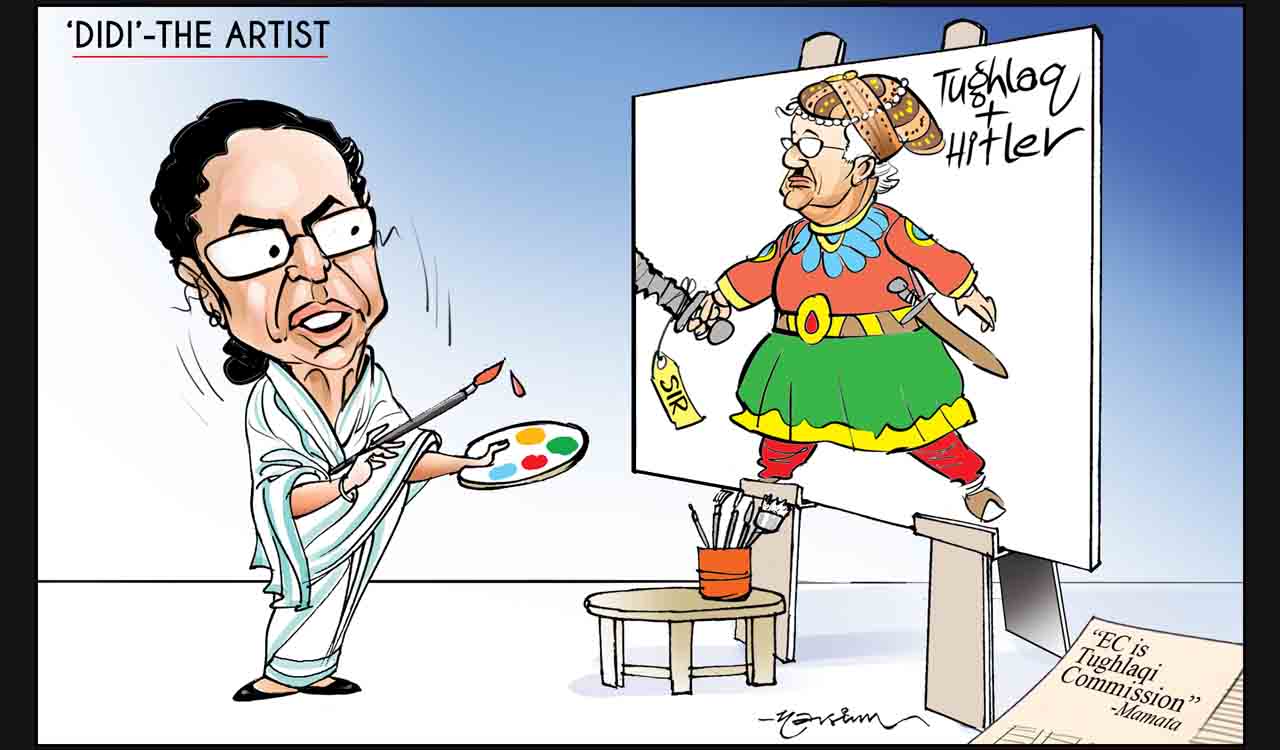Access Denied You don’t have permission to access “http://www.ndtv.com/india-news/itc-fabelle-launches-the-arc-of-love-valentine-s-day-chocolate-collection-10987044” on this server. Reference #18.adf5d217.1770806613.29c62a https://errors.edgesuite.net/18.adf5d217.1770806613.29c62a Source link
